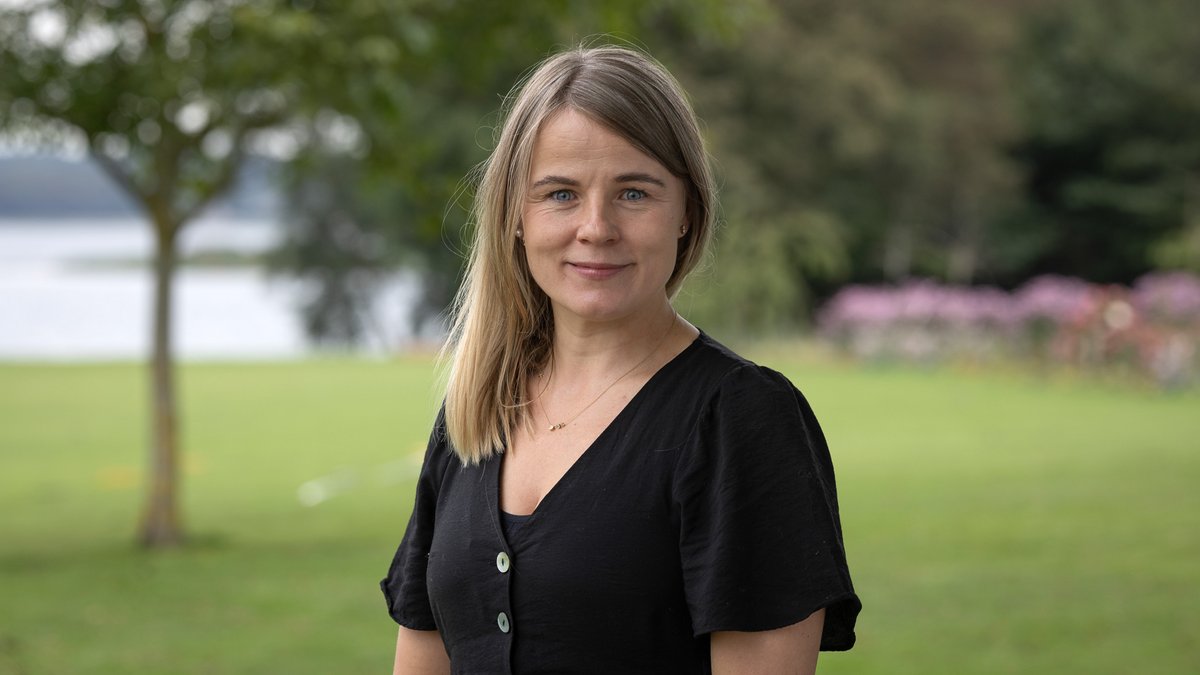Naja Dam Mygind - Postdoctoral Fellowship 2025
Project summary:
Exploring Clonal Hematopoiesis and Inflammation in Coronary Microvascular Dysfunction and the risk of developing Heart Failure; an iPOWER substudy
Majority of patients assessed for obstructive macrovascular disease due to chest pain have no obstructive coronary disease and coronary microvascular disease is a potential explanation and associated with increased risk of heart failure. Recently clonal hematopoiesis, an age-related phenomenon where stem cells inquire somatic mutations and increases the inflammatory environment, has emerged as a contributor to the age-related risk for cardiovascular disease but also a potential future target for treatment. We seek to explore the association between clonal hematopoiesis, coronary microvascular disease and the development of heart failure.
Project Title
Exploring Clonal Hematopoiesis and Inflammation in Coronary Microvascular Dysfunction and the risk of developing Heart Failure; an iPOWER substudy
Background
Aging is a key risk factor for cardiovascular disease, but the influence of age cannot alone be explained by occurrence of traditional risk factors. Clonal hematopoiesis is an age-related phenomenon where mutations arise in stem cells and contributes to the age-related risk of cardiovascular disease. Coronary microvascular disease is a potential explanation for angina pectoris in absence of macrovascular disease and associated with a poor prognosis and an increased risk of heart failure, both conditions more prevalent with increased age.
Aim
The project aims to investigate prevalence of clonal hematopoiesis and the asscociation to coronary microvascular disease and risk of heart failure hypothesizing that clonal hematopoiesis contribute to increased inflammation and thereby explain part of the age-related risk of coronary microvascular disease and the pathogenic development of heart failure.
Methods
In an allready established cohort of 1852 women who have been examined for coronary microvascular dysfunction between 2012 and 2017 and followed in registries for development of heart failure we will analyze fullblood from a biobank for presence of clonal hematopoiesis. Clonal hematopoiesis will be analyzed from 200 people form the cohort: 100 with diagnosed heart failure and 100 without.

Naja Dam Mygind
- MD and PhD
- University of Copenhagen, Department of Cardiology Bispebjerg- and Frederiksberg Hospital
Collaborator:
J.W. Hansen (MD PhD) and Professor Kirsten Groenbaek (MD DMSc) at Biotech Research and Innovation Center (BRIC), University of Copenhagen, Denmark
Main supervisor:
Professir Eva Prescott (MD DMSc), Department of Cardiology, Bispebjerg- and Frederiksberg Hospital, University of Copenhagen, Denmark
Co-supervisors:
Ass. professor Jens Jakob Thune (MD PhD), Department of Cardiology, Bispebjerg- and Frederiksberg Hospital, University of Copenhagen, Denmark